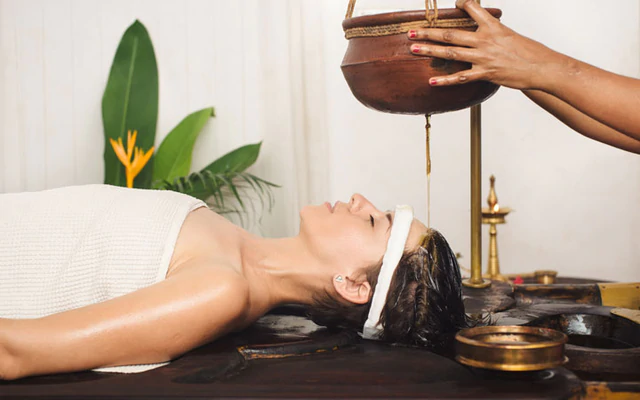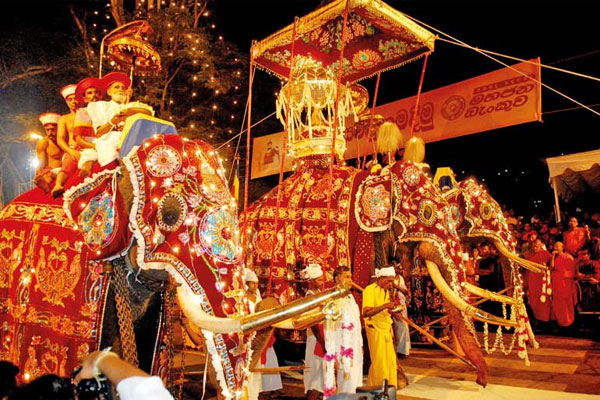
There is speculation about the origins of Yoga, but most likely it was developed around the 6th and 5th centuries BCE in ancient India’s ascetic and sramana movements, according to Wikipedia. It is a Hindu practice performed to achieve physical mental and spiritual discipline for attainment of a state of perfect spiritual insight and tranquility while meditating on the Hindu concept of divinity. Meditation is a process of practice to control one’s mind freeing it of disruptive thoughts and focusing one’s mind to a place that gives you peace and tranquility resulting in spiritual rejuvenation. You have to achieve this condition on your own – no one else can do it for you.
Following the success of Swami Vivekananda in the late 19th and early 20th century, yoga was introduced to the West by gurus from India. However, the Western world practiced yoga as a form of physical exercise though in Indian traditions it has a meditative and spiritual core.
There is a variety of practices under the term “Yoga” including Jain and Buddhist practices. In Hinduism Yoga falls into Jnana Yoga, Bhakti Yoga, Karma Yoga, Laya Yoga and Hatha Yoga. The more well-known types of yoga are Hatha Yoga and Raja Yoga.

Ayurveda is a unique branch of medicine being an indigenous form of treatment using natural herbs, barks, roots, flowers, buds of medicinal plants and trees. Decoctions, pastes, ointments, applications, oils are made by grinding, boiling and grating parts of medicinal plants according to ancient recipes found recorded in ancient scripts called “ola leaves”. In Sri Lanka the science of Ayurveda is handed down from generation to generation and many patients have experienced incredible cures where western medicine did not produce results particularly for snake bites, skin rashes, gastric, flatulence ailments and orthopedic conditions. Ayurveda is said to have originated in India where it is believed that the major source of Ayurveda is the sacred texts of knowledge of the Hindu God called Lord Brahma. It is one of the world’s oldest forms of treatment with a 5000 year tradition. Ayurveda is also native to Sri Lanka. The Sri Lankan Ministry of Health and Indigenous Medicine has set up a Department of Ayurveda and established hospitals in various parts of the country providing all facilities for study and qualification in this ancient branch of medicine.
All diseases according to Ayurveda arise primarily from abnormalities of three bases: They are “Vatha” (air or flatulence), “Pitha” (Bile), and “Kapha” (Phlegm).

Sri Lanka may be a small island but there’s nothing it loves more than a big celebration. And with many different religious and ethnicities, it seems like Sri Lanka is always celebrating something. The majority of the population is Buddhist, with approximately 70 per cent of the population following Buddhism, while there are also sizeable Hindu, Muslim and Christian minorities.
Many of the festivals revolve around the Buddhist lunar calendar and each one has a different significance to the locals. One of the benefits of having a local leader is they have lived these festivals firsthand all their lives and can provide real insight into the traditions and activities that take place.
Every year on or about April 13 Sinhalese and Tamil people celebrate Sinhalese and Tamil New Year Festival, Muslims celebrate Mawlid, fast during the Islamic month Ramadan and celebrate at the end of the month with the festival which is (Eid al-Fitr) and (Eid al-Adha) is celebrated on the final month of the Islamic calendar known as Dhu al-Hijjah. Christians celebrate Easter and Christmas. Esala Perahera is a grand festival in the month of Esala held in Sri Lanka. Happening in July or August in Kandy, it has become a unique symbol of Sri Lanka. It is a Buddhist festival consisting of dances and richly decorated elephants. There are fire-dances, whip-dances, Kandyan dances and various other cultural dances.
